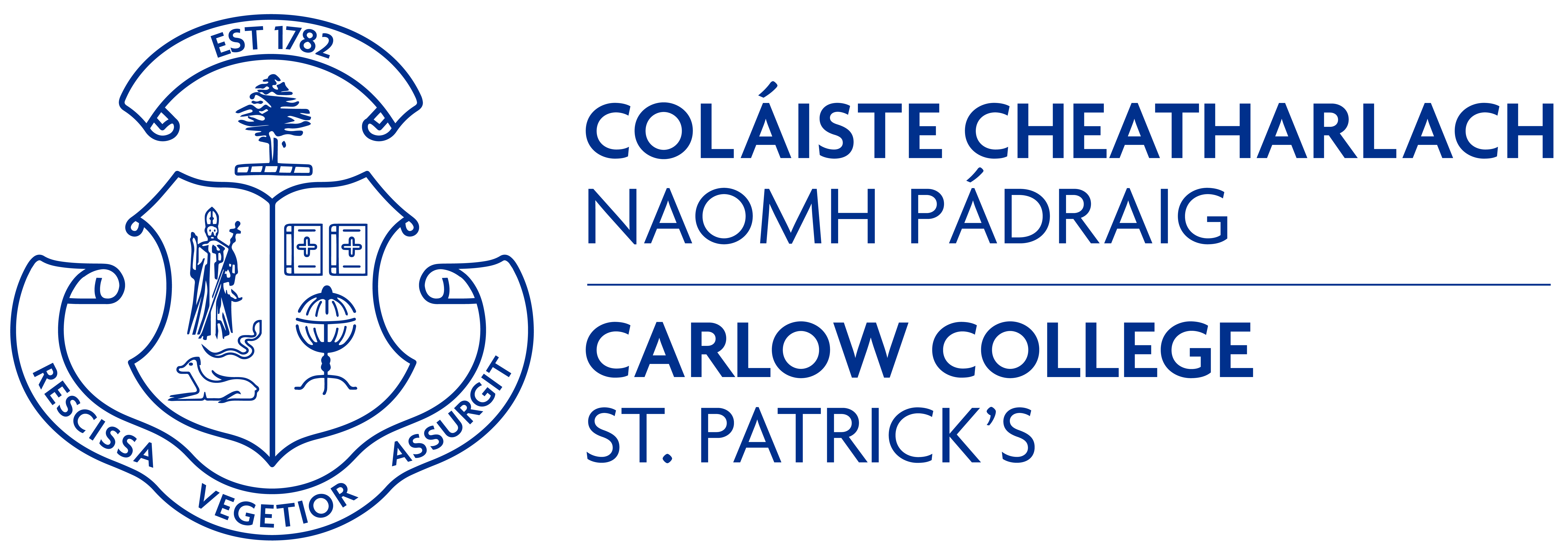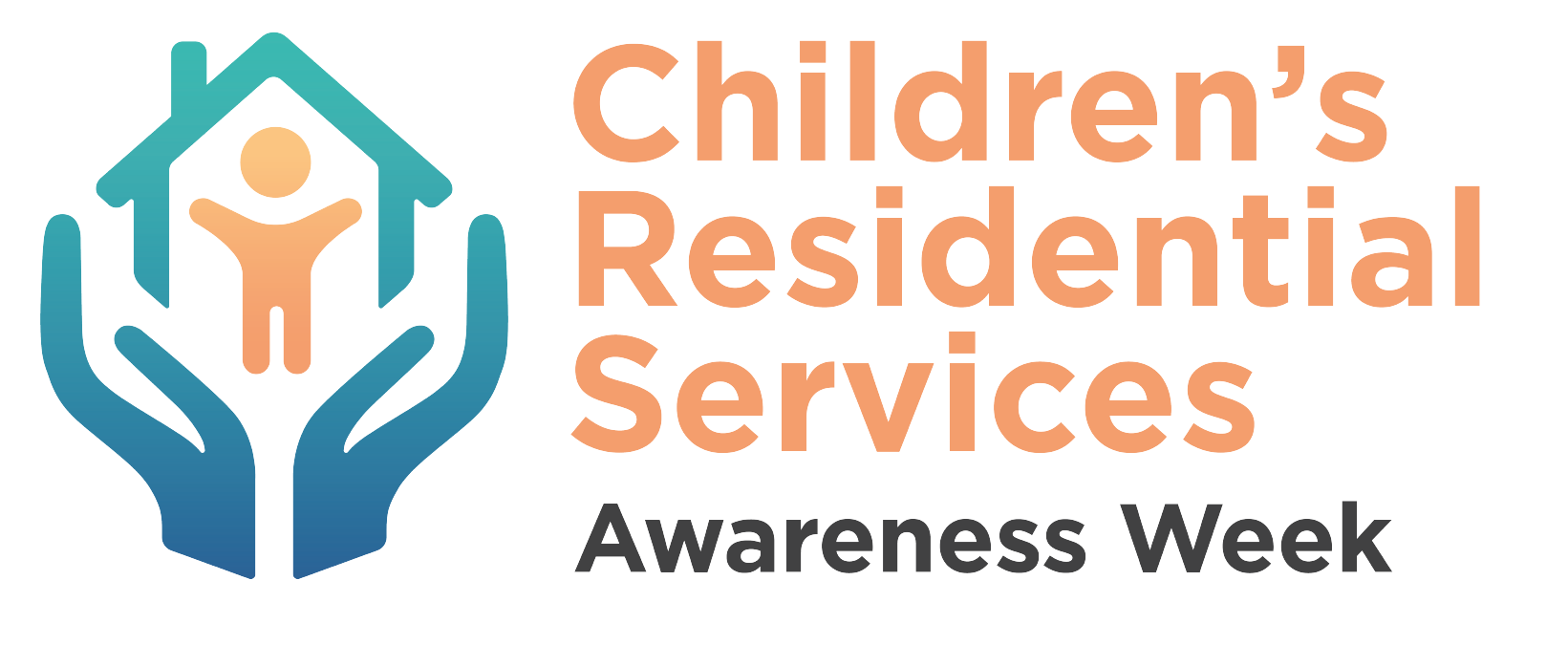Children’s Residential Services Awareness Week runs from September 23rd – 27th. As a third level institution delivering social care qualifications, we feel it’s important to highlight the important contributions of social care workers and how we help to prepare students for the diverse range of career opportunities available in the field of social care.
Our own Lecturer in Social Care and Course Leader for the MA (Leadership in Therapeutic Child & Social Care), Miriam Denn delivered a session as part of the Children’s Residential Services Awareness Week schedule this week on Innovative ways of working with young people: Capacitar, a multicultural wellness program / Use of bibliotherapy. You can watch it back here.
Preparing Students for Professional Social Care Placements at Carlow College
By Michael McCarthy, Practice Placement Coordinator, Carlow College
At Carlow College, we recognise that hands-on experience is essential for developing the skills and professional identity of future social care professionals. Our placement programme is therefore designed to meet the CORU (Health and Social Care Regulator) requirements, ensuring students are fully prepared for the challenges of the field (Coru, 2019).
As part of the B.A. in Applied Social Studies (Professional Social Care) programme at Carlow College, students participate in two 13-week block placements at approved social care settings.
The first placement takes place in Semester 1 of Year 2, while the second occurs during Semester 2 of Year 3. These placements, combined, meet the 800 required hours of fieldwork, allowing students to apply their academic knowledge to real-world settings.
An important aspect of the Year 3 placements is the opportunity for students to apply for placements within residential services or aftercare placements. These placements provide invaluable experience in terms of students working with young people who have experience of the care system, to develop the practical and interpersonal skills necessary for future careers in social care. Working in residential environments allows students to obtain a deeper understanding of the complexities of residential care and the important role that aftercare services also play in supporting service users. For example, learning about family dynamics and mental health issues; observing behaviour that challenges; being aware of potential staffing and resource challenges and so forth.
Before starting their placements, all students undergo a two-week pre-placement programme. This training covers essential topics such as theories to practice, professional conduct, ethics, communication strategies, and understanding behaviour that challenges, ensuring that students are prepared to meet the potential challenges of their placements. Students are supported by agency supervisors known as Field Practice Educators on placement and supervisors on placement are further supported by college tutors and through a Field Practice Educators schedule of training that can take place online through our Moodle platform or through an in-person training event at the college.
Throughout the placement period, each student is assigned a College Practice Tutor for guidance and feedback, and Michael McCarthy, the College Placement Coordinator, plays an active role in overseeing the placement process and in ensuring that students, tutors, and Field Practice Educators are supported throughout the 13-week block period. Michael McCarthy’s chapter on ‘Leaving Care and Aftercare’, in Lalor, Perry & Brown (2023) book, serves as a further teaching tool for third year students. This resource adds to their understanding of aftercare services, to offer perspectives on policy and practice experience that are directly relevant to student placements.
In addition to Mr. McCarthy’s contributions, students and lecturers alike benefit from Programme Director John McHugh’s recent publication, Social Care: Practice Placement (DeRoiste, McHugh & Prendergast, 2024). This resource provides further guidance on navigating practice placements, offering a comprehensive look at the expectations and learning outcomes associated with social care supervision, becoming a reflective practitioner and capturing learning on placement.
The support system from both College Practice Tutors and on-site Field Practice Educators, coupled with key academic resources, ensures that students receive a well-rounded educational experience. This holistic approach helps students bridge the gap between academic theory and practical application, empowering them to build their professional identity and develop essential skills like resilience, empathy, and critical thinking.
At Carlow College, we are deeply committed to providing a rich, supportive, and meaningful placement experience, preparing our graduates to become competent, compassionate professionals ready to make a positive impact in the field of social care”.
References:
Coru (2019). Standards of proficiency for social care workers. Retrieved from https://coru.ie/files-education/scwrb-standards-of-proficiency-for-social-care-workers.pdf
DeRoiste, A., McHugh, J., & Prendergast, A. (2024). Social care: Practice placement. An essential guide. Boru Press.
McCarthy M. (2024) Aftercare and Leaving Care. In Lalor, Perry & Brown (2024). Social care work: An introduction for students in Ireland.

